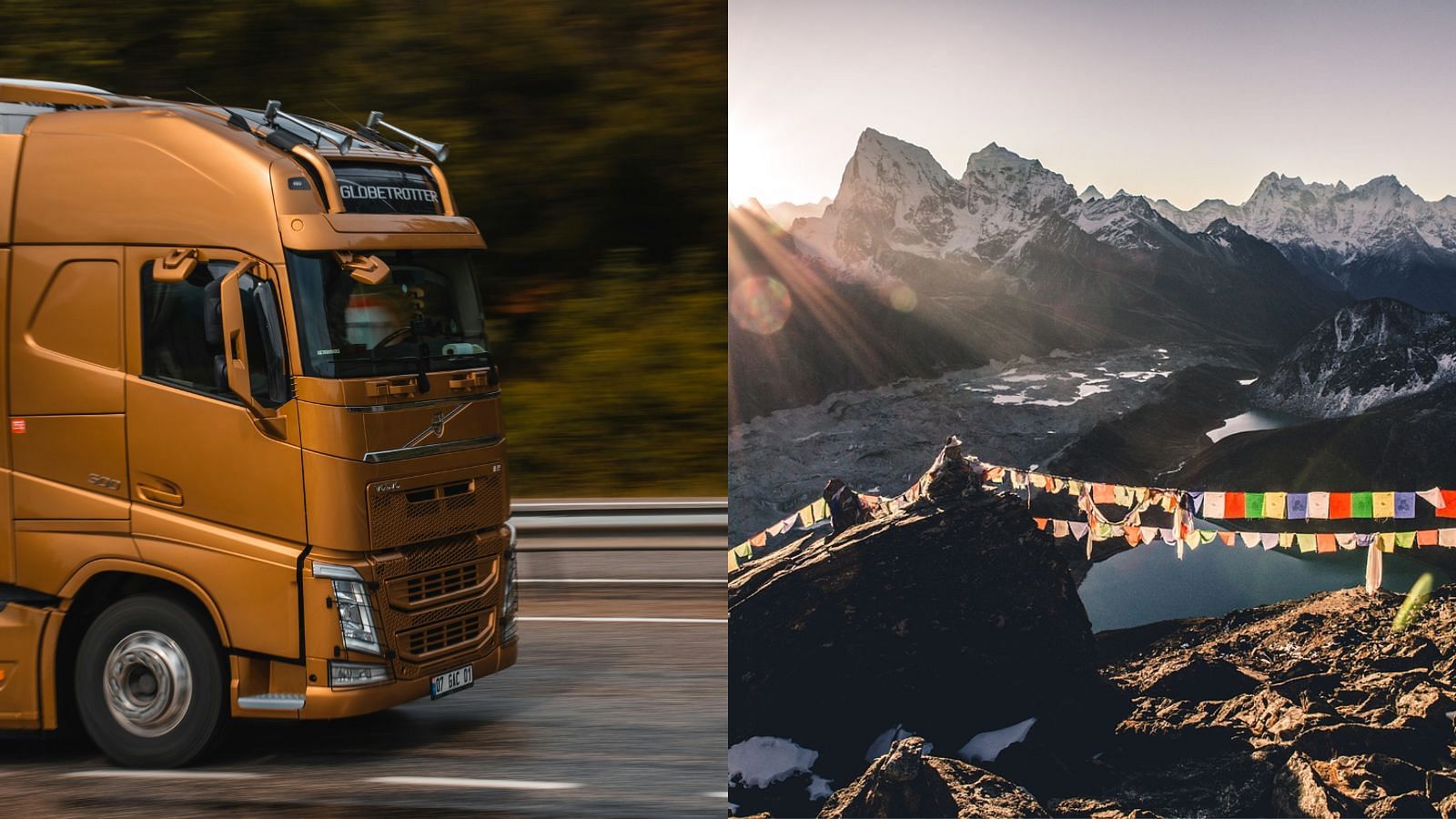Nepal stands at a crossroads in its transportation evolution. As global trends shift toward sustainability, the country faces an urgent question: can electric trucks revolutionize commercial transportation? The answer isn't straightforward. While electric vehicles (EVs) are gaining momentum, the introduction of electric trucks presents unique challenges—and exciting possibilities.
The Current Landscape: Diesel Dominance and Its Drawbacks
Trucks are the lifeblood of Nepal’s commercial sector. From transporting goods across the hills to fueling trade between urban and rural areas, they keep the economy moving. But there's a cost. Most commercial trucks run on diesel, contributing heavily to air pollution and greenhouse gas emissions. With Nepal’s dependence on imported fossil fuels, the financial burden of fuel costs is another pressing issue.
Yet, change is on the horizon. The world is shifting gears, and so is Nepal. The government is increasingly embracing electric mobility, offering incentives and policies that make electric trucks a potential game-changer.
Policy Push: Nepal’s Drive Toward Electric Mobility
The Nepalese government has recognized the need for sustainable transport and is taking steps to encourage electric vehicles. From tax breaks to customs duty reductions, incentives are being rolled out to make EV adoption more attractive. However, most of these policies have focused on electric cars and two-wheelers—electric trucks remain largely unexplored territory.
Still, the potential is enormous. If supported by the right infrastructure and policy framework, electric trucks could drastically reduce Nepal’s fuel import dependency while slashing carbon emissions.
Barriers to Adoption: What’s Holding Back Electric Trucks?
Despite the promise, the road ahead is riddled with obstacles.
1. Charging Infrastructure: A Missing Link
Charging stations in Nepal are still few and far between. For commercial trucks covering long distances, this lack of infrastructure is a significant roadblock. Unlike personal EVs that can be charged overnight, electric trucks require rapid, high-capacity charging solutions that are not yet widespread.
2. High Upfront Costs: A Tough Sell for Businesses
Electric trucks are expensive. While they promise lower operational costs in the long run—thanks to cheaper electricity and minimal maintenance—the initial investment is daunting for many businesses. Without financial assistance, widespread adoption will be slow.
3. Performance Concerns: Tough Roads, Tougher Needs
Nepal’s rugged terrain presents another challenge. Electric trucks need powerful, long-lasting batteries to handle steep inclines and heavy loads. Current battery technology is improving, but concerns about range and reliability persist.
Why It’s Worth It: The Benefits of Electric Trucks

For all these challenges, the benefits are undeniable.
Lower Operating Costs – Electricity is far cheaper than diesel, and electric trucks require less maintenance, translating to long-term savings.
Environmental Impact – Zero tailpipe emissions mean cleaner air, helping combat Kathmandu’s notorious pollution problem.
Energy Independence – Nepal generates a significant portion of its electricity from hydropower. Transitioning to electric trucks could reduce reliance on imported fuels, boosting economic resilience.
What Needs to Happen Next?
A successful transition to electric trucks requires coordinated action from multiple stakeholders.
Investment in Charging Infrastructure – Expanding Nepal’s EV charging network, particularly along major highways, is crucial.
Financial Support for Businesses – Government subsidies or low-interest financing options can ease the burden of high initial costs.
Public-Private Collaboration – Manufacturers, policymakers, and logistics companies must work together to make electric trucks a viable option.
Final Thoughts: Is Nepal Ready for Electric Trucks?
The shift won’t happen overnight. Nepal still has a long way to go before electric trucks become mainstream. But the potential is too significant to ignore. With the right policies, infrastructure, and technological advancements, electric trucks could redefine Nepal’s transportation landscape.Stay tuned with 91trucks for all the latest news and updates related to new launches, commercial vehicles and industry insights. 91trucks is the fastest-growing digital platform aimed at providing you with the latest updates and information related to the commercial vehicle industry.


